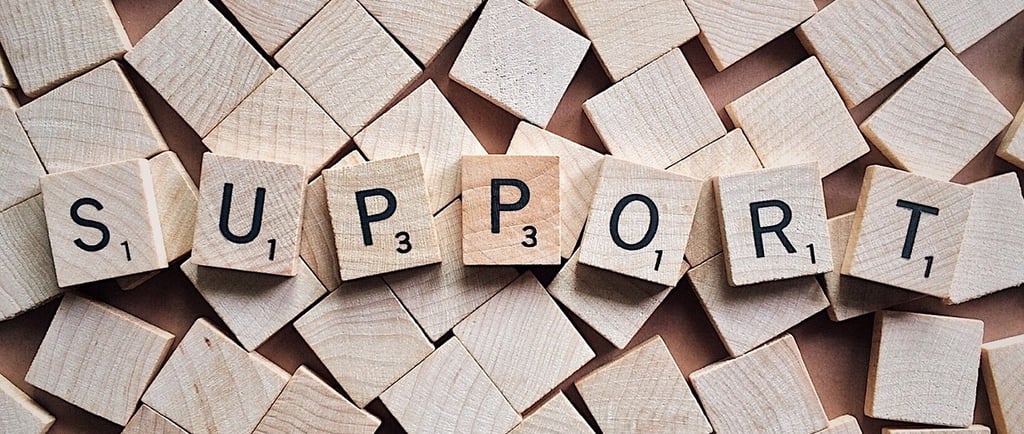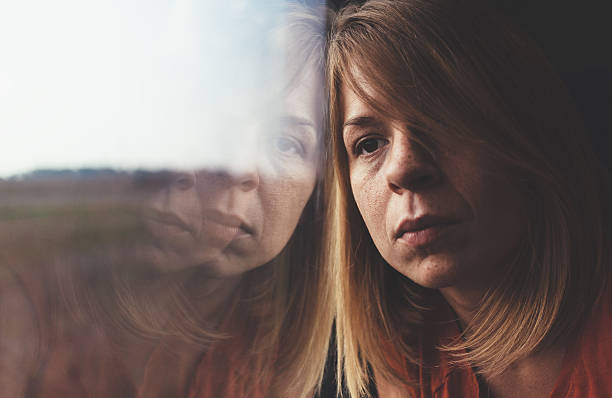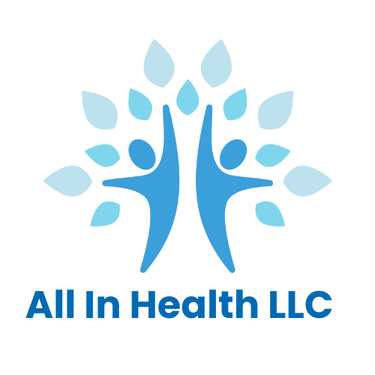Who Is in Your Support Network?
No one thrives in isolation especially when navigating challenges like addiction recovery, mental health struggles, or major life transitions. A strong support network can provide encouragement, accountability, and guidance when you need it most. But who exactly should be part of your support system, and how can you identify the people who genuinely uplift you?
All In Health
4/22/20253 min read


Who Is in Your Support Network?
No one thrives in isolation especially when navigating challenges like addiction recovery, mental health struggles, or major life transitions. A strong support network can provide encouragement, accountability, and guidance when you need it most. But who exactly should be part of your support system, and how can you identify the people who genuinely uplift you?
Why a Support Network Matters
Having a solid support system isn’t just about having people to talk to it’s about surrounding yourself with individuals who contribute to your growth, well-being, and recovery. Support can come in many forms, from emotional encouragement to practical assistance. The right people can help you stay accountable, offer perspective, and remind you that you’re not alone in your journey.


Who Should Be in Your Support Network?
1. Trusted Friends and Family
Not all family members or friends will be supportive, but those who are can be invaluable. These are the people who:
Offer a nonjudgmental listening ear
Encourage your recovery and well-being
Respect your boundaries
Support your personal growth without enabling unhealthy behaviors
If you have relationships that drain or negatively impact you, it may be necessary to set boundaries or distance yourself from those individuals.
2. Mentors and Role Models
A mentor whether a sponsor, coach, or therapist can provide wisdom and guidance from experience. They have often walked a similar path and can offer insights, strategies, and reassurance that recovery and emotional growth are possible.
3. Support Groups and Peers in Recovery
Connecting with others who understand your struggles firsthand can be incredibly powerful. Support groups like Alcoholics Anonymous (AA), Narcotics Anonymous (NA), SMART Recovery, or mental health peer groups create a sense of community where you can share experiences and encouragement.
4. Therapists and Counselors
Professional support is essential for many people in recovery or dealing with mental health challenges. Therapists and counselors provide:
Tools for emotional regulation and coping
A safe space to process trauma, anxiety, or depression
Guidance on breaking unhealthy patterns, including codependency
5. Healthcare Professionals
Your support network may also include doctors, psychiatrists, or wellness practitioners who help you maintain physical and mental health. Proper medical care can significantly impact emotional well-being, especially for those managing co-occurring conditions.
6. Community and Spiritual Support
For some, faith-based groups, meditation communities, or local organizations provide a deep sense of belonging and purpose. Spiritual or community-based support can offer strength, encouragement, and a greater sense of connection.


Building and Strengthening Your Support Network
Identify Who You Can Rely On – Make a list of the people who uplift, encourage, and respect you. Who makes you feel safe and supported? Who respects your goals and well-being?
Set Boundaries with Unhealthy Relationships – Not everyone in your life will be a healthy source of support. If certain relationships cause stress, guilt, or temptation to relapse, consider setting boundaries or limiting contact.
Seek Out New Connections – If your current network feels limited, look for local or online support groups, therapy options, or community activities where you can meet people who align with your recovery and mental health goals.
Communicate Your Needs – Your support system isn’t just about having people around it’s about meaningful connections. Let your trusted supporters know how they can help you, whether it’s through encouragement, accountability, or simply listening.
You Are Not Alone!
Your support network is a key part of your mental health and recovery journey. It’s okay to seek help, lean on others, and build connections that reinforce your growth. If you feel isolated or unsupported, remember it’s never too late to find or create a community that uplifts you.
GET STARTED TODAY
Your journey. Our commitment. Together, we’re all in.
STAY IN TOUCH
Contact Us
954-445-1567
© 2024. All rights reserved.
Contact Us
